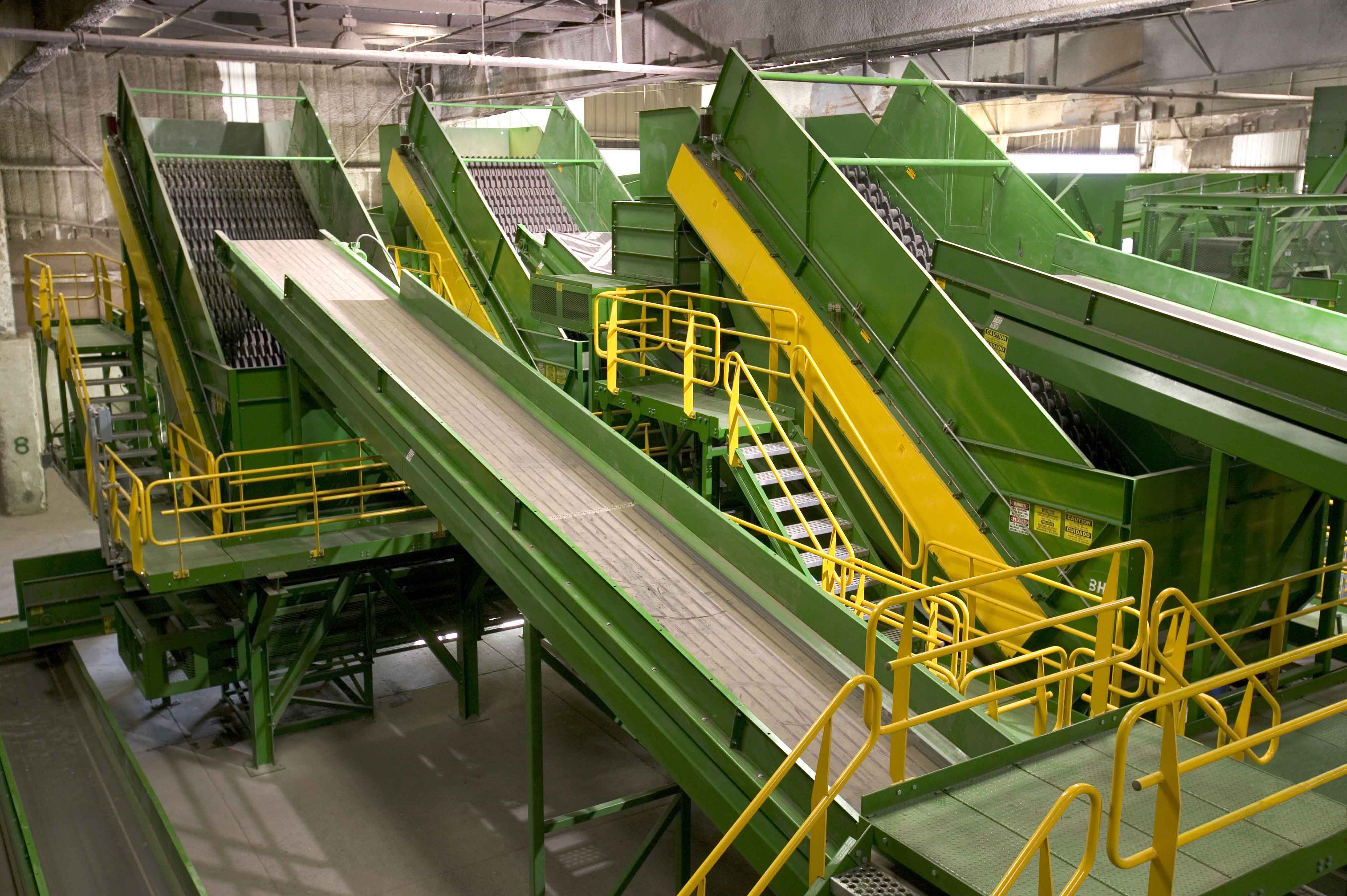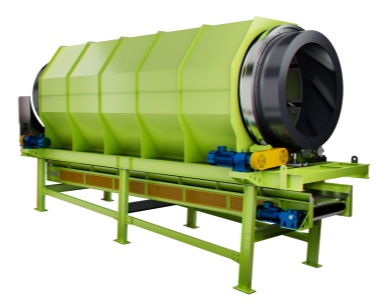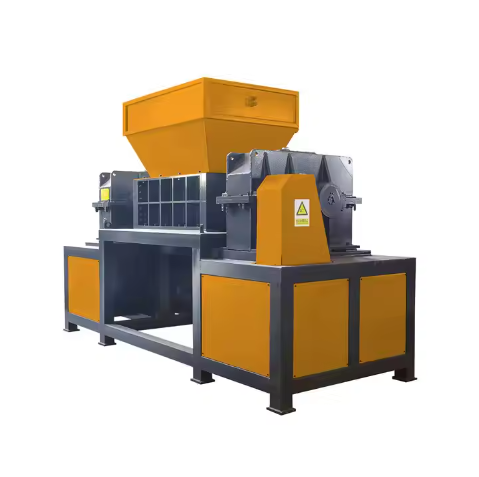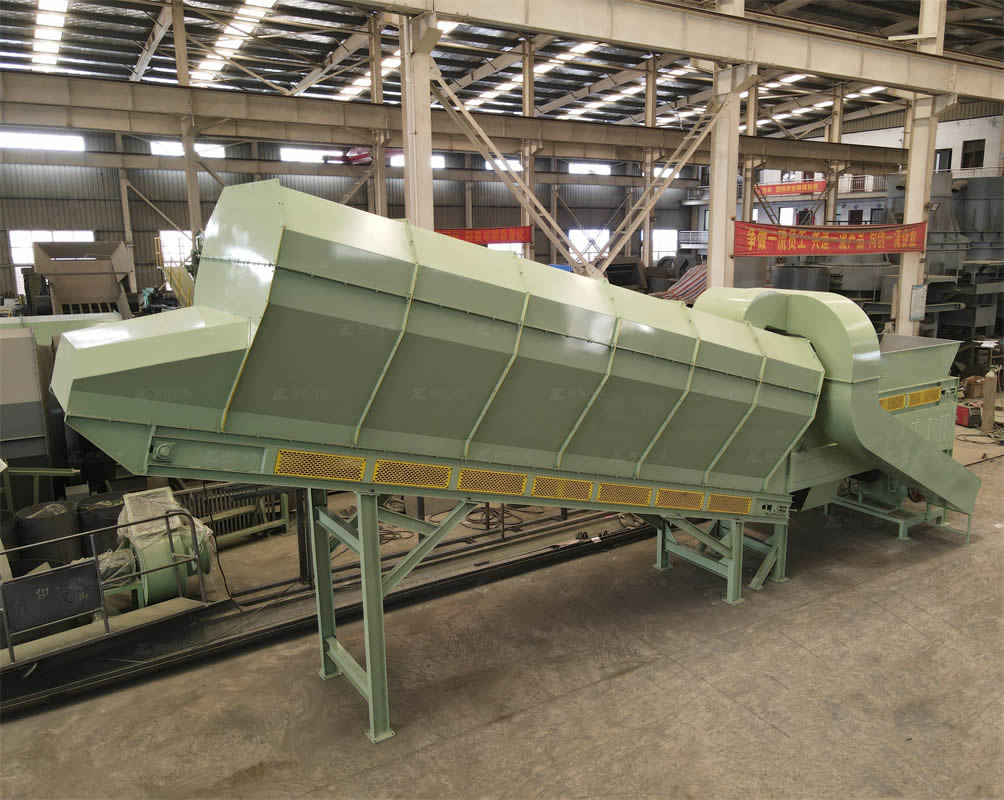Composting Recycling System
Composting Recycling System: A Path Towards Sustainable Waste Management
In the quest for sustainable development, waste management has emerged as a critical issue. Among the various strategies aimed at reducing waste, composting stands out as an effective method for recycling organic material. This article explores the concept of a composting recycling system, its importance, and how it contributes to environmental sustainability.

What is a Composting Recycling System?
A composting recycling system is a process where organic waste materials—such as food scraps, yard trimmings, and other biodegradable substances—are converted into a nutrient-rich soil amendment known as compost. This process not only diverts waste from landfills but also enriches the soil, thereby supporting plant growth and reducing the need for chemical fertilizers.
How Does It Work?
The process of composting involves several steps:
1. Collection Organic waste is collected from households, restaurants, farms, and other sources.
2. Sorting The collected materials are sorted to remove any non-compostable items such as plastics or metals.
3. Shredding Larger pieces of organic matter are often shredded to increase the surface area for microorganisms to break down.
4. Layering The organic materials are layered in a compost bin or pile, alternating between 'green' nitrogen-rich materials (like grass clippings) and 'brown' carbon-rich materials (like dried leaves).
5. Maintenance The pile is periodically turned to aerate it and ensure even decomposition. Water may also be added to maintain moisture levels.
6. Curing After several weeks to months, depending on conditions, the materials decompose into compost, which is then allowed to cure before use.
Benefits of Composting Recycling Systems
1. Environmental Composting reduces methane emissions, a potent greenhouse gas produced by the anaerobic decomposition of organic waste in landfills. It also helps to sequester carbon in the soil, contributing to climate change mitigation.
2. Economic By producing a valuable soil amendment, composting can create new revenue streams for communities. Additionally, it can lead to savings on waste disposal costs.
3. Social Community-based composting projects can foster social cohesion and environmental stewardship. They provide educational opportunities and can enhance the aesthetic appeal of neighborhoods.
4. Soil Health Compost improves soil structure, water retention, and nutrient content, promoting healthier plant growth and more resilient ecosystems.
Challenges and Solutions
Despite its many benefits, implementing a composting recycling system faces several challenges:
- Public Awareness Many individuals may lack knowledge about composting or may perceive it as inconvenient. Educational campaigns and community outreach are essential to overcoming these barriers.
- Logistics Efficient collection and transportation systems must be established to handle the volume of organic waste generated.
- Quality Control Ensuring that the compost meets safety and quality standards is crucial. Regulations and guidelines should be followed to prevent contamination and ensure the compost is safe for use.
- Initial Investment Starting a composting facility requires capital investment in equipment and infrastructure. Public-private partnerships and grants can help fund these initiatives.
Future Directions
To maximize the impact of composting recycling systems, several approaches can be considered:
- Integration with Other Waste Streams Expanding composting to include other biodegradable materials like certain types of packaging can further reduce waste.
- Technological Innovations: Advancements in technology, such as automated composting machines for households, can make the process more accessible and user-friendly.
- Policy Support Government policies that incentivize composting, such as tax breaks or subsidies, can accelerate adoption rates.
Conclusion
A composting recycling system offers a promising solution to the challenge of managing organic waste sustainably. By transforming waste into a valuable resource, composting not only addresses environmental concerns but also supports economic and social objectives. As we move towards a more circular economy, composting will likely play an increasingly important role in our efforts to build a greener future.
-
 Trommel screenTrommel screen, also known as drum screens, are widely used in various industries for sorting and separating materials.Get Quote
Trommel screenTrommel screen, also known as drum screens, are widely used in various industries for sorting and separating materials.Get Quote -
 Crop straw double shaft shreddApplications:Biomass Energy Production: Shredded straw can be used as a feedstock for bioenergy plants to produce electricity or heat.Livestock Feed: Reduced-si...Get Quote
Crop straw double shaft shreddApplications:Biomass Energy Production: Shredded straw can be used as a feedstock for bioenergy plants to produce electricity or heat.Livestock Feed: Reduced-si...Get Quote -
 Zhongcheng Air Drum SeparatorAir drum separators effectively separate lightweight materials (e.g., plastics, paper) from heavier materials (e.g., metals, glass). This high efficiency is cru...Get Quote
Zhongcheng Air Drum SeparatorAir drum separators effectively separate lightweight materials (e.g., plastics, paper) from heavier materials (e.g., metals, glass). This high efficiency is cru...Get Quote
-
2023-01-11Ballistic SeparatorBallistic separators are a crucial component in modern recycling and waste management systems, contributing to more efficient resource recovery and environmenta...
-
2024-04-25Recycling Finger ScreensFinger screen is a type of screening equipment used to separate materials based on size. Unlike traditional screens, finger screens consist of a series of paral...
-
2024-06-07Zhongcheng Air Drum Separator in MSWAir drum separators effectively separate lightweight materials (e.g., plastics, paper) from heavier materials (e.g., metals, glass). This high efficiency is cru...
-
2023-01-13Bag OpenerBag opener or bag opener system is a mechanical device used to automatically open and empty bags containing bulk materials. This system is commonly used in indu...
-
2023-01-12Impact CrusherImpact crusher is a type of machine designed to reduce large rocks, ores, and other hard materials into smaller, more manageable pieces. This equipment is widel...



